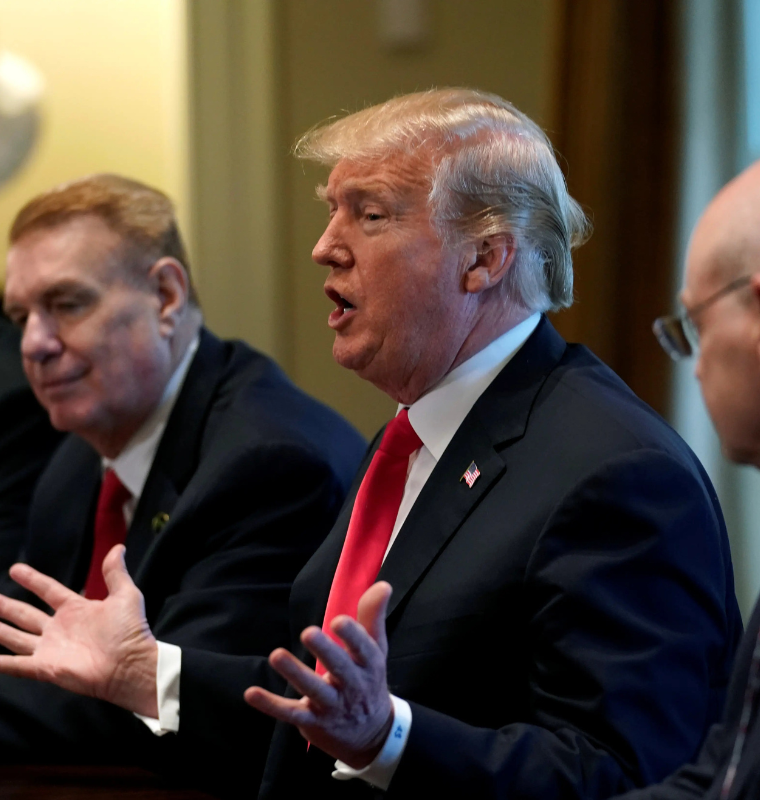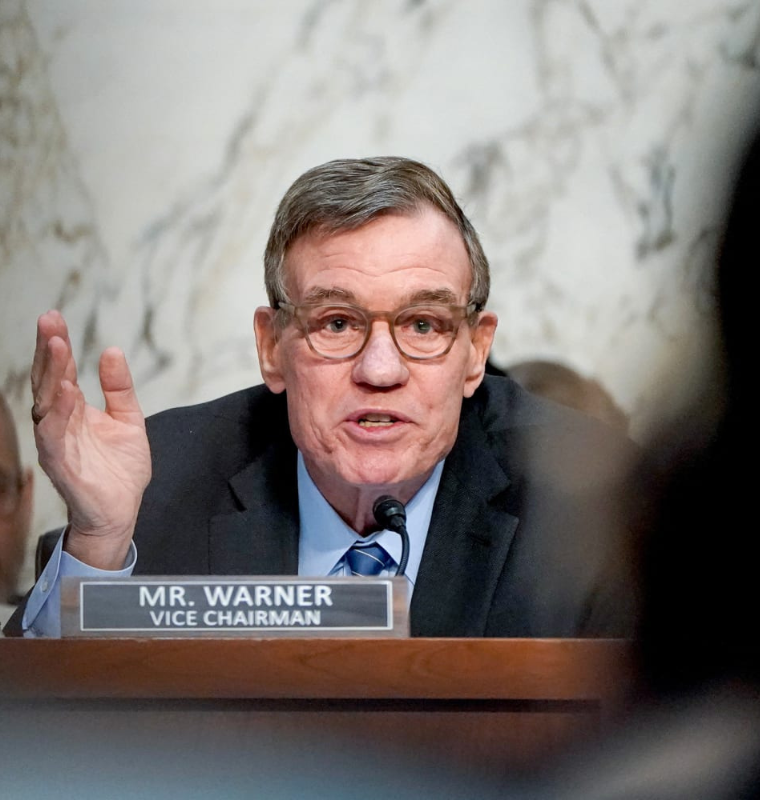Tornado Cash Trial Shakes U.S. Legal System with Split Verdict
Tornado Cash Trial Shakes U.S. Legal System with Split Verdict
By
David Goldfarb
Last updated:
August 11, 2025
First Published:
December 2, 2025
.jpg)
Photo: Bloomberg.com
In a case closely followed by the crypto community around the world, the trial of Roman Storm, cofounder of Tornado Cash, has taken a dramatic turn. A U.S. jury has reached a partial verdict that leaves the core of the government’s accusations unresolved. While the jury did convict Storm of operating an unlicensed money-transmitting business, it failed to reach a decision on the more serious charge of conspiracy to launder money and violate international sanctions.
The Case That Put Crypto Development on Trial
Tornado Cash is a decentralized privacy protocol that allows users to mix and anonymize cryptocurrency transactions. While the tool has been praised by privacy advocates, it has also drawn scrutiny for its use by malicious actors to hide illicit funds. The U.S. government alleges that Tornado Cash was used by the North Korean hacking group Lazarus to launder hundreds of millions of dollars, prompting a crackdown.
But this trial was not just about money laundering. It was about accountability in open-source development. Roman Storm, a software developer, did not operate a company in the traditional sense. He created code and published it to the Ethereum blockchain. The legal question at the center of the trial was whether that act alone was enough to hold him criminally responsible for what others did with the tool.
Jury Splits on Intent Versus Responsibility
The split verdict highlights the central dilemma faced by the jury. While they agreed that Storm failed to register as a money service provider, they were unable to decide whether he intentionally participated in criminal laundering operations. The question was not whether the tool was used by criminals. It was whether Storm actively facilitated or encouraged that use.
This distinction is critical. Many in the crypto space fear that if developers can be held responsible for how their code is used after deployment, it would set a dangerous precedent that chills innovation and open collaboration.
Storm’s legal team argued that Tornado Cash functioned autonomously and that once it was deployed, it was no longer under the control of any individual. Prosecutors countered that Storm and his cofounders knew of the illegal uses and took no action to stop them.
Industry Reactions Are Swift and Divided
Within hours of the verdict, prominent voices in the blockchain community began weighing in. Some hailed the partial acquittal as a small win for open-source development, while others warned that even a single conviction could open the door to more prosecutions in the future.
Legal experts point out that the charge for operating an unlicensed money transmission business could become a template for future cases. Unlike the more complex charges that require proof of intent, the licensing charge hinges more on regulatory compliance and less on criminal conspiracy.
Crypto advocacy groups have expressed concern that the line between software development and criminal facilitation remains dangerously blurry. They argue that clarity is needed from lawmakers before more developers face similar prosecutions.
Implications for Decentralized Tools
This case is not just about Tornado Cash. It is about how governments will handle all forms of decentralized applications. From privacy wallets to autonomous exchanges and on-chain games, the entire sector is built on the principle of open development and composability.
If legal systems cannot distinguish between creating a tool and misusing a tool, it risks equating innovation with intent to harm. This could discourage developers from building in the open and push the most advanced work underground or into less regulated jurisdictions.
What Comes Next
With the jury deadlocked on major charges, prosecutors must now decide whether to seek a retrial. Roman Storm remains convicted on at least one count and still faces sentencing. But the unresolved charges mean the legal battle is far from over.
Observers expect this case to serve as a reference point for upcoming regulations. Legislators may use it to draft clearer frameworks around developer liability, decentralized protocol management, and privacy technology in blockchain systems.
A Moment That Will Define Crypto Law
The Tornado Cash trial may not have provided all the answers, but it has undoubtedly raised the stakes. It forces regulators, developers, and the public to confront the uncomfortable intersection between privacy, responsibility, and freedom in the digital age.
For now, the crypto world watches closely. The verdict may have been mixed, but its message is loud and clear. The rules of engagement for building and maintaining decentralized platforms are changing, and no one can afford to look away.
Popular articles
Subscribe to unlock premium content
Disney’s Timeless Magic and How the Entertainment Giant Continues to Shape Culture and Innovation

Imran Khan’s Economic Missteps Amid Political Chaos in Pakistan

The Philippines’ Digital Shift How Remittances and BPO Are Fueling Growth

Disney’s Timeless Magic and How the Entertainment Giant Continues to Shape Culture and Innovation

Imran Khan’s Economic Missteps Amid Political Chaos in Pakistan

Disney’s Timeless Magic and How the Entertainment Giant Continues to Shape Culture and Innovation









